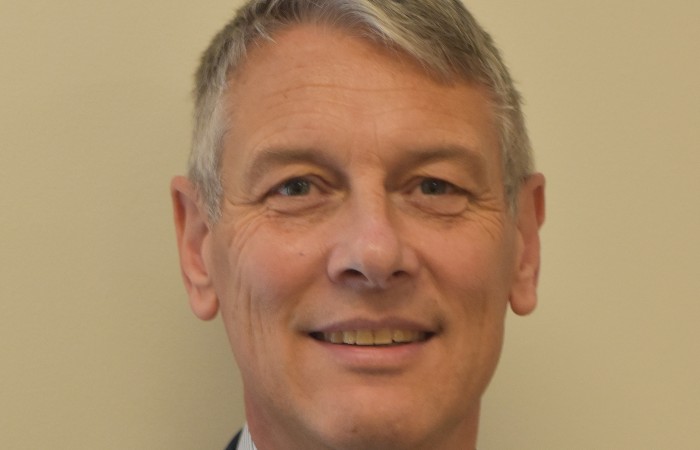RPS sets up ‘advisory group’ to examine causes of drugs shortages
In Profession news
Follow this topic
Bookmark
Record learning outcomes
The Royal Pharmaceutical Society has set up what it describes as an “advisory group” to examine the causes of drugs shortages and consider potential solutions as community pharmacies continue to struggle to source medicines for their patients.
The RPS said the group, which will be chaired by Dr Bruce Warner (pictured) who stepped down as deputy chief pharmaceutical officer for England last year, will contain “experts” from primary and secondary care, patients, the pharmaceutical industry, suppliers, regulators, government and the NHS.
The group will produce a report of recommendations based on its findings which the RPS said will “address the factors behind medicine shortages” and help it to take “steps to take to reduce their impact on patient care.” The RPS told Independent Community Pharmacist it hopes to publish its report before the end of the year.
The professional leadership body said the report will "provide expert thought leadership and support for the wider debate on UK policy."
“The group’s work will be informed by a literature review, stakeholder interviews, online RPS member events and patient stories,” the RPS said.
Sharon Brennan, the director of policy and external affairs at National Voices who are part of the advisory group, said: “Our members, over 200 health and social care charities, tell us that they are increasingly hearing from the people they advocate for regarding concerns around medicine shortages.
“Chasing prescriptions, trying to get a GP appointment to have an alternative medicine prescribed, or in many cases for support with their health condition when their medication runs out, places increasing burden and unnecessary anxiety on patients.”
Group will consider practical, short-term solutions
She said she hopes the group “will consider practical, short-term solutions to the current problems patients are facing alongside longer-term solutions to prevent this issue from continually arising.”
“Without this, we know patients will continue to live with the real worry that their health will worsen without access to the medications that are vital to their health,” Brennan added.
When asked how many community pharmacists its group will talk to about shortages, the RPS said: “We have a wide range of events, including webinars for members on the frontline to share their experiences taking place in April and focused interviews with community pharmacy organisations.”
When asked if the group will look into wholesale distribution licence holders and their impact on the availability of medicines, the RPS said: “We will be exploring a range of issues related to medicines shortages, the first advisory group meeting at the end of the month will help to confirm some of the areas that require further focus.”
The RPS said it was unable to release the full list of names of individuals and organisations that are on the group but said: “We can confirm that this includes representation from pharmacists, patients, industry, NHS, DHSC and regulators.” However, the British Generic Manufacturers Association told ICP its chief executive Mark Samuels will join the group.
Ex-deputy ChPO calls for ‘greater collaboration’
Dr Warner said “patient groups are clear that medicines shortages continue to be a real concern” and called for “greater collaboration” in the supply chain “to help drive change.”
“We look forward to bringing together experts in the coming months to examine what steps can begin to make a difference for patients,” he said.
The RPS president Claire Anderson said “medicine shortages have increased significantly over the last few years” and insisted its members “continue to tell us of the toll this has on them and their patients.”
“Patients can be bounced from pillar to post when a medicine is in short supply, and we’ve seen recent cases where they are really struggling to find an alternative. This is distressing for patients and frustrating for pharmacists,” she said.
“Medicines shortages are a shared challenge across the health system and we will bring together key stakeholders, undertake research and offer solutions to improve patients’ experience.”

